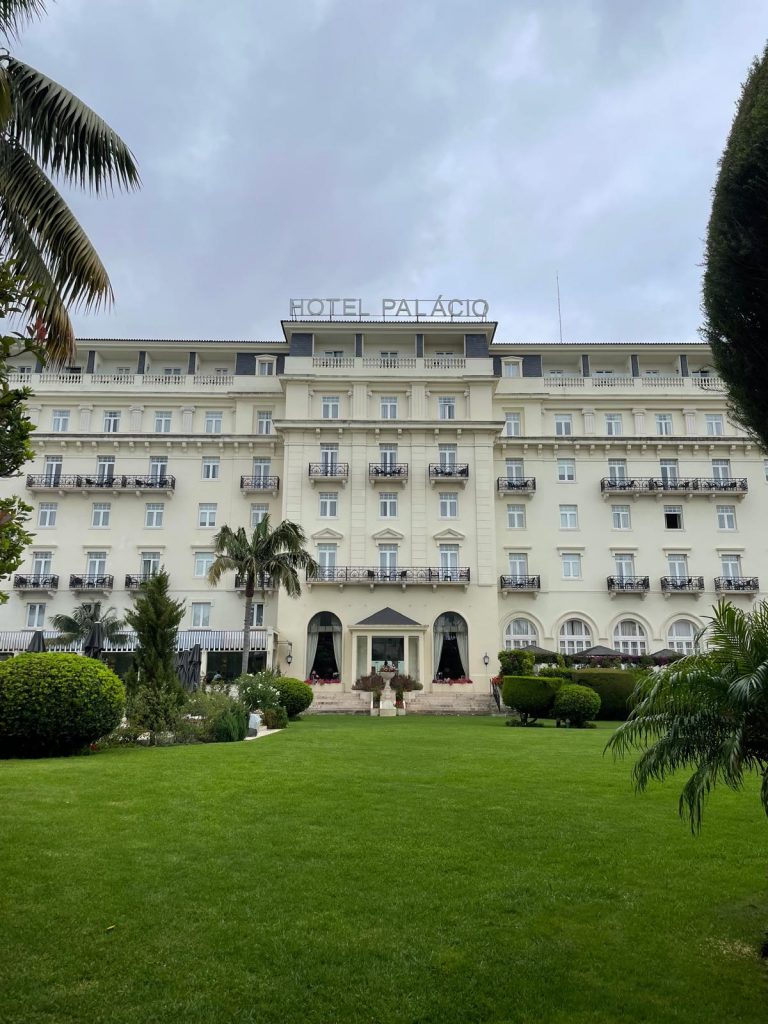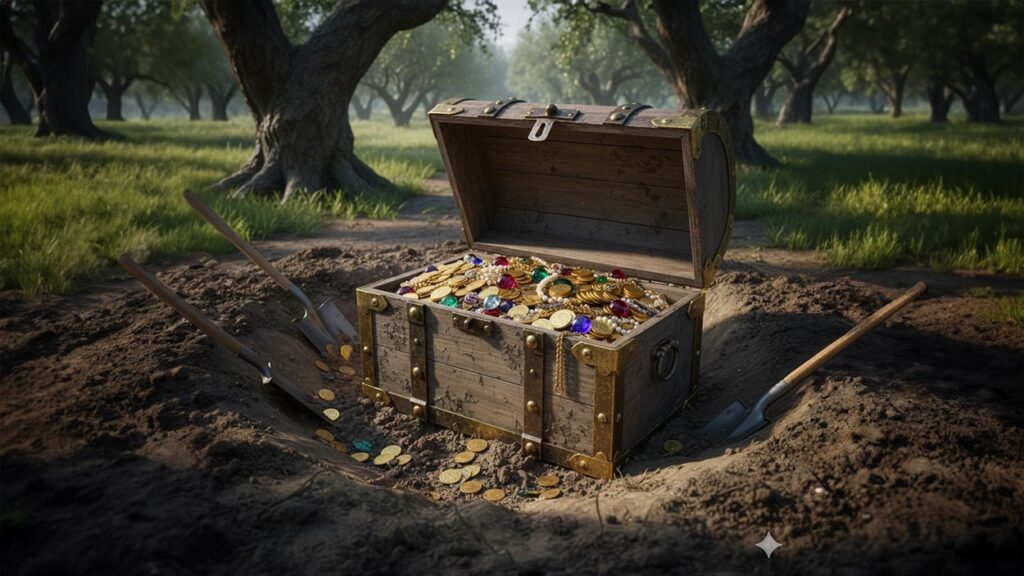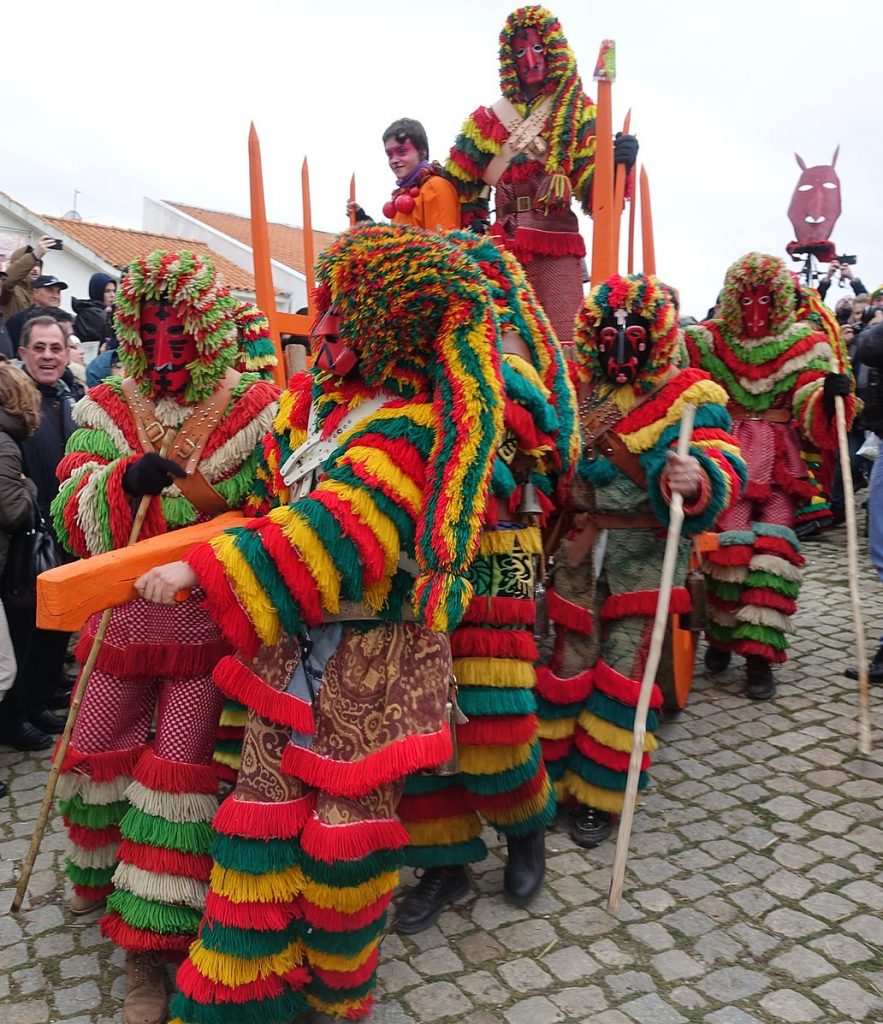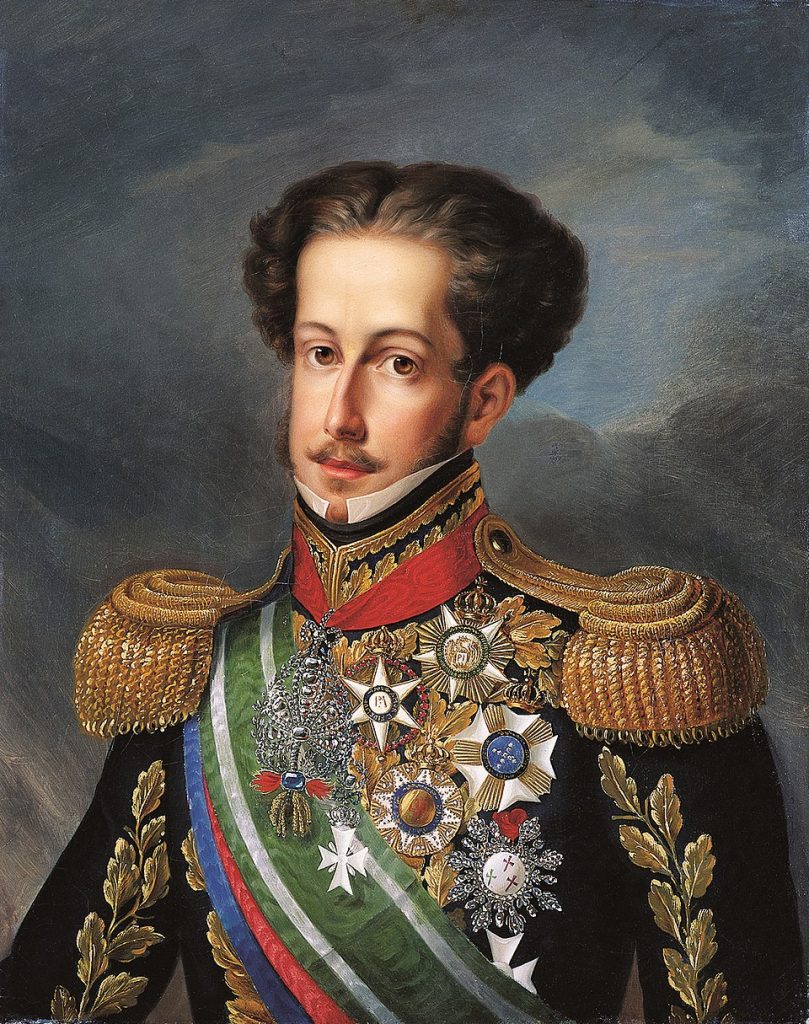During the Second World War, Cascais played a discreet but crucial role in the international espionage game. Located near Lisbon, in a neutral country, Cascais was part of the so-called “Portuguese Riviera”, an area of luxury and tranquillity that attracted spies, refugees, diplomats and exiles from all over Europe.
Portugal’s neutrality made the country a rare point of contact between the warring powers. Lisbon was one of the few ports and airports open in Western Europe, and Cascais’ proximity to the capital, combined with its secrecy, made it ideal for secret meetings and the exchange of information. Hotels such as the Estoril Palace, the Casino and the cafés in the area became informal hubs of activity for British, German, American and Soviet secret services.
The region was also home to several exiled royal houses, such as those from Italy, Spain and Romania, which increased its international profile and reinforced the presence of enigmatic and aristocratic figures. Between conversations in tea rooms or games at the casino, codes, messages and silent alliances circulated. Ian Fleming, then a British agent, presumably passed through Cascais during this period and it is likely that the Casino Estoril itself partly inspired the creation of James Bond and the novel Casino Royale. Cascais and Estoril also served as a transit point for thousands of refugees, who crossed Portugal towards the Americas thanks to visas such as those granted by Aristides de Sousa Mendes.
In a time of global war, Cascais was the scene of a war made up of espionage and diplomacy, negotiated over café tables.



